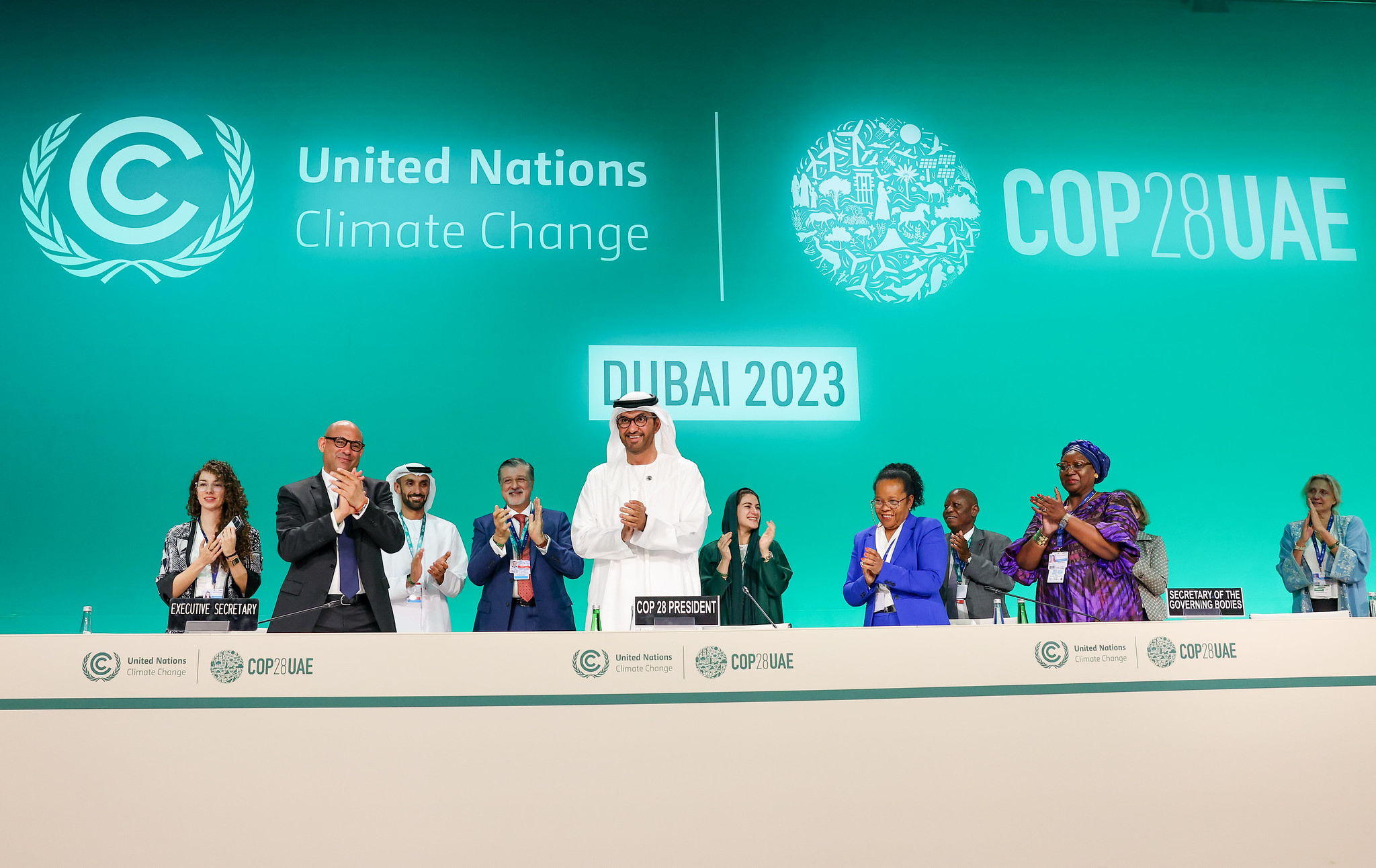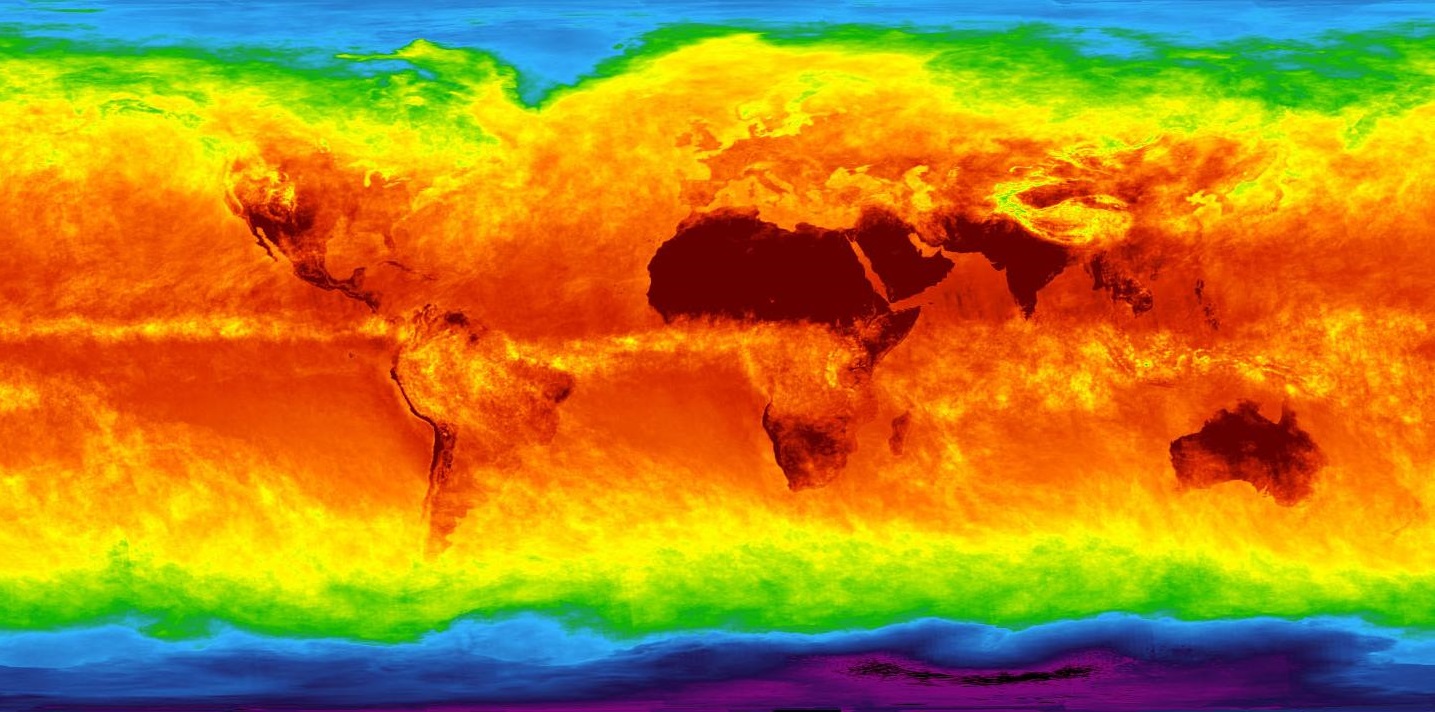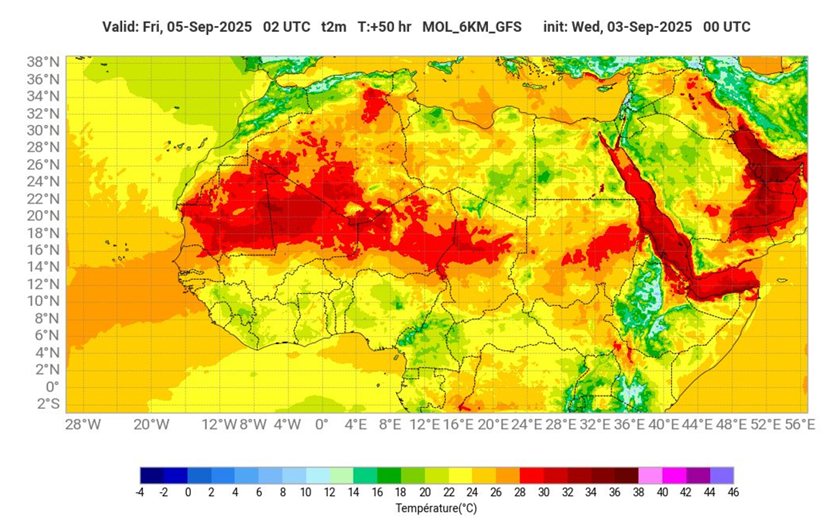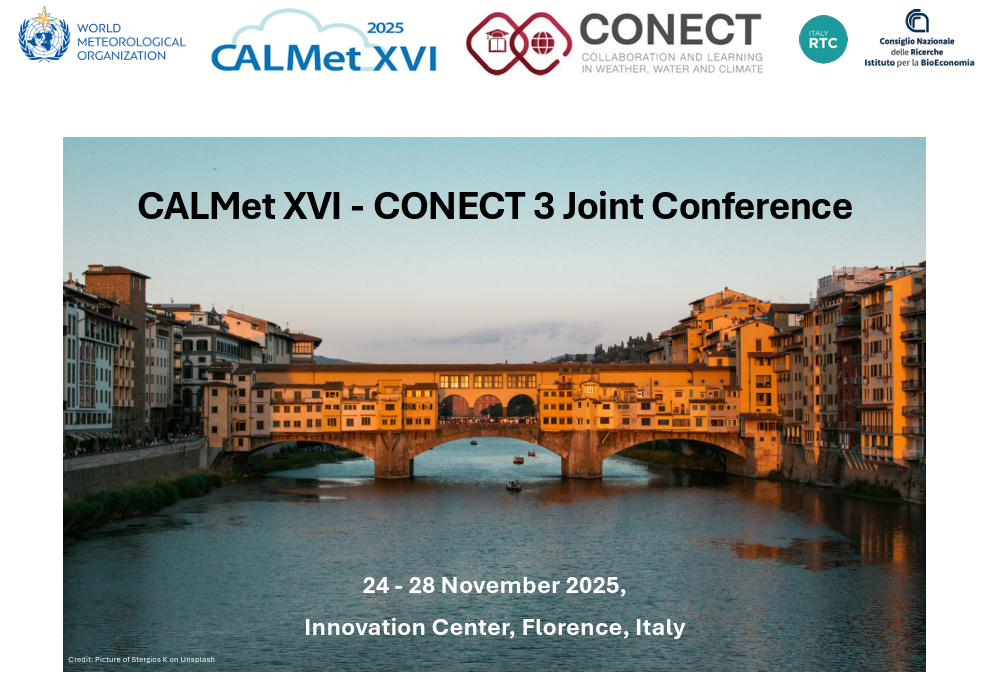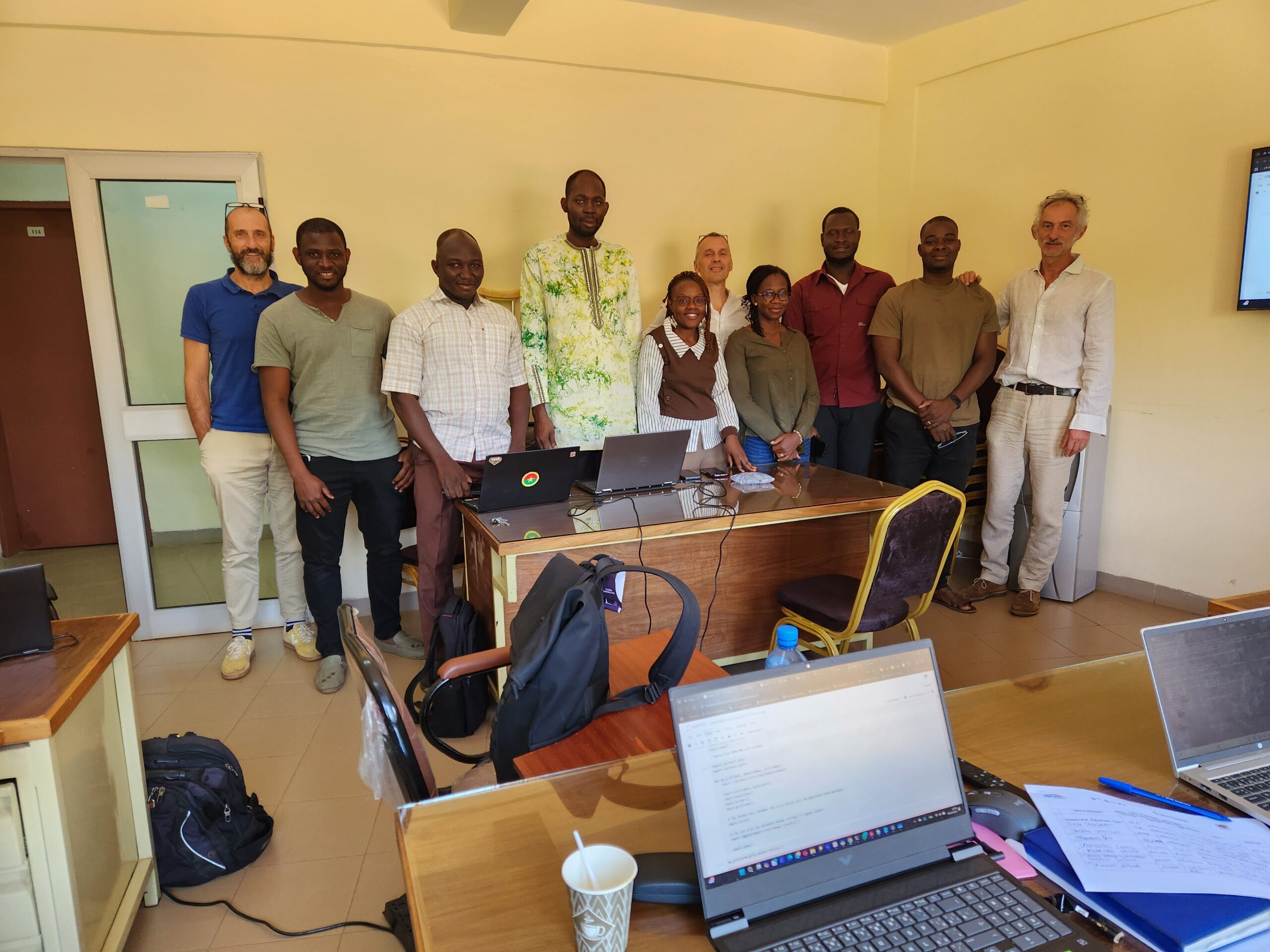The abuse of greatness is when it disjoins
Remorse from power, and, to speak truth of Caesar,
I have not known when his affections swayed
More than his reason.
Shakespeare’s “Julius Caesar,” Act 3, Scene 1
At every COP, the United Nations climate summit, and the recently concluded COP28 is no exception, the atmosphere is charged with anticipation. Amidst the hope that scientific evidence will catalyse a quantum leap in response to the urgency, the reality of a conference where diplomacy toils day and night to forge a consensus among 198 Parties prevails.
This time, the conclusion of COP28 was met with applause, embraces, and smiles. Of course, a few days earlier, an unfortunate statement by Al Jaber had cast a shadow: “There is no science out there, or no scenario out there, that says that the phase-out of fossil fuel is what’s going to achieve 1.5C.” [1] This assertion was rightly and sharply criticised, and it didn’t augur well for a positive outcome in the context of a global conference tasked with aligning positions and interests that often stand worlds apart. However, something positive did emerge.
“Transitioning away from fossil fuels in energy systems, in a just, orderly, and equitable manner, accelerating action in this critical decade, to achieve net zero by 2050 in keeping with the science,” is the phrase, in the Global Stocktake report [2], which garnered applause, and that represents a groundbreaking development. It’s a non-trivial achievement for the COP28 presidency under Sultan Al Jaber, who, let’s not forget, also heads the Abu Dhabi National Oil Company (ADNOC).
The statement publicly declares, in a document endorsed by all Parties, a fundamental principle: the climate crisis is caused by fossil fuels. The elephant in the room is now plain for all to see, to borrow a metaphor from the media. This is no small assertion, though belated and somewhat tepid; it marks a specific point from which turning back is unlikely. “Unlikely” doesn’t mean impossible, as we’re well aware of the fragility and delicacy of such agreements.
“Transitioning Away” is a compromise compared to the “phase-out” loudly demanded by 130 countries, including the European Union. Like all compromises, it is ostensibly a linguistic balancing act, and probably the best agreement achievable given the strong pressures from oil and gas lobbies present at the Conference of the Parties.
But this phrase conveys more.
It suggests that this transition from fossil fuels to other energy systems must be equitable, orderly, and just, as emphasised by Ferdinando Cotugno, a journalist from “Il Domani.” Equitable so that the transition should be fair avoiding disparities, in terms of climate justice, orderly as the transition should be planned and managed effectively, and just because it must not leave anyone behind. The phrase also indicates two temporal horizons: “accelerating action in this critical decade […] in keeping with the science,” meaning that action must be accelerated in the next ten years, a critical window to achieve climate neutrality by 2050, as indicated by science.
Thus, the unacceptable anti-scientific statement by Al Jaber a few days earlier can be shelved and downgraded to a misunderstanding or a (in)voluntary prologue to success by contrast. Some may think it was a refined (or cunning) strategy to weight more something very weak: denying scientific facts meant making any result in agreement with science an impossible feat. As a result, the outcome of COP28 becomes a coup de théâtre, applauded as an epic triumph in the best dramatic tradition. However, we will never know if this hypothesis is true or captious, so let’s continue with the facts.

Some commentators emphasise how “transitioning away” is feeble compared to “phase-out” (gradually eliminate), but certainly better than the previously circulated “phase-down” (gradually reduce). Are these just words? “Words are a thin film on deep water,” as Wittgenstein said, and beneath, in the deep water, we delve to find their meaning. While the language may be constrained, it is these exact words that construct the meaning of climate change within the frame of COP28 and, consequently, for the representatives of the countries on planet Earth.
So, despite the language of multilateralism, it is clear that fossil fuels are responsible for climate change, and the time to act has come. And this is where things get complicated.
Because if the Global Stocktake (GST) sets the principle, the energy transition will depend on national plans that, to accelerate toward net-zero and low-emission technologies, may resort to, “[…] inter alia, renewables, nuclear, abatement and removal technologies such as carbon capture and utilization and storage, particularly in hard-to-abate sectors, and low-carbon hydrogen production.”
The transition could thus resort to nuclear (on which there would be much to analyse, understand, and discuss), transitional fuels (including gas), and storage systems. The latter are particularly favoured by oil-dependent countries, but they are an expensive and not particularly effective technology. “The technologies that would (perhaps) allow us to achieve this goal are under development, but they bring challenges, risks, and costs that place these solutions at the centre of a very intense debate,” as stated in an article by the IPCC focal point for Italy [3]. Or, as we read in this article from The Guardian, “Another weasel word is ‘transitional fuels’ – it is code for fossil gas. Recognizes that transitional fuels can play a role in facilitating the energy transition while ensuring energy security. This is the biggest win for the fossil fuel industry – it almost amounts to a poison pill in the agreement.”
And so the elephant again peeks out the window in disguise.
Although, for the sake of precision, it must be said that the COP28 document does not equate nuclear and renewables. The former is a legitimate option for net zero, while there is a commitment to globally triple renewables within six years, doubling energy efficiency.

For GST is an honourable agreement.
Let’s not underestimate the outcome achieved in this COP28. Certainly, the ongoing demands of science would require a greater effort, a profound transformation, not a mere improvement, however fundamental. But from now on, climate change deniers will be forced to change their tune, perhaps donning the garb of nuclear advocates and proponents of carbon capture and storage systems. Thus, a rare phenomenon might occur: in media narratives, provided we escape the trap of polarisation, discussions about solutions could take centre stage.
For GST is an honourable agreement.
However, funds are essential for the development of clean energy (mitigation), the preparation of vulnerable communities for increasing climate impacts (adaptation), and recovery from disasters (loss and damage). Yet, while the GST, according to some commentators, acknowledges the need to invest trillions of dollars, it falls short of specifying amounts and timelines. The GST seems lacking in the aspects of a global plan for adaptation, as the United Nations would put it, crucial for the most vulnerable countries. Without adequate adaptation funding, the risk is that a part of the climate discourse loses its meaning.
For GST is an honourable agreement. Let’s focus on the positive aspects and build on them. But the big unknown is in how the local actions, that is, the National Plans, will be implemented, namely the Nationally Determined Contributions (NDCs), which must transform principles into reality with the determination of competent and motivated politicians, to avoid crossing the point of no return. A risk that some countries are well aware of, a concern eloquently expressed by John Silk, the head of the Marshall Islands delegation: “I came here to build a canoe together. We have built a canoe with a weak and leaky hull, full of holes. Yet we have to put it in the water because we have no other option.” [http://rb.gy/nvnywa]
He is one of the voices of the Alliance of Small Island States (AOSIS) that experience firsthand the vulnerability to the effects of climate change such as sea-level rise, coastal erosion, and saltwater intrusion. These are the countries already witnessing the other face of climate change, not the one of scenarios but the one that requires actions for adaptation while working on mitigation.
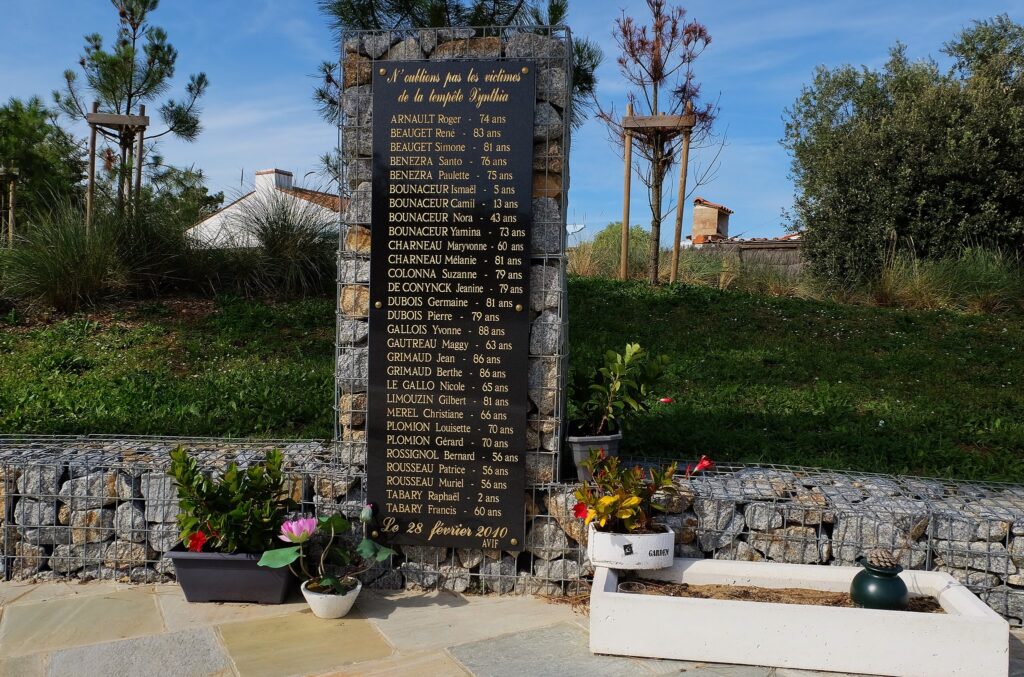
If the AOSIS seems too distant for us Europeans, perhaps the story of La Faute-sur-Mer will prompt us to reflect on our “backyard.” In February 2010, in this quiet seaside town on the French Atlantic coast, an entire neighbourhood was submerged by waters during a devastating storm (Tempête Xynthia). [read the story here] The water had never reached three meters before. Buildings, people, and vehicles were swept away. Twenty-nine victims, all drowned. Sea-level rise caused by climate change not only made that storm more dangerous but also more deadly. Yes, climate change, is right here in the heart of Europe. (Read the full story here.) Because now, we Europeans are also vulnerable, candidates to become climate migrants. “It’s a reality in Europe, not something that will happen hundreds of years from now,” says Dina Ionesco, head of the Migration and Climate Change Department at the International Organization for Migration (IOM). [4]
As Italian geologist and science communicator Mario Tozzi puts it, the agenda is not set by politics or economics, the agenda is set by climate change. And it’s not a catchy phrase. Recently, a study published in the journal “Science” reconstructed the concentration of CO2 over the past 66 million years, providing clearer evidence of the Earth system’s sensitivity to this gas in the past and of CO2’s role in global warming. [5] The study also found that the current concentration of CO2 is the highest in the past 14 million years. This trajectory of climate change, barring significant shifts, suggests an impending 3-degree global temperature increase by the end of the century. This would have catastrophic repercussions, as one might easily envisage. So let’s not linger in conference halls, but take a stand and try to wake up from our slumber of reason. Monitoring and pressure are the weapons we have to ensure that every country implements national plans, but that they are above all inflexible on mitigation and factual on adaptation. Then, is the GST an honourable agreement?
[1] https://euromed-economists.org/cop28-president-claims-no-science-behind-fossil-fuel-phase-out/#:~:text=In%20response%2C%20Al%20Jaber%20retorted,to%20achieve%201.5%CB%9AC.%E2%80%9D
[2] https://unfccc.int/sites/default/files/resource/cma2023_L17_adv.pdf
[3] https://ipccitalia.cmcc.it/carbon-capture-and-storage-ccs/
[4] https://it.euronews.com/2020/02/27/migranti-climatici-sono-gia-tra-noi-e-sono-europei
[5] The study was coordinated by the Lamont-Doherty Earth Observatory of Columbia University, and the Italian National Research Council’s Institute of Polar Sciences (ISP) also participated. https://www.science.org/doi/10.1126/science.adi5177


